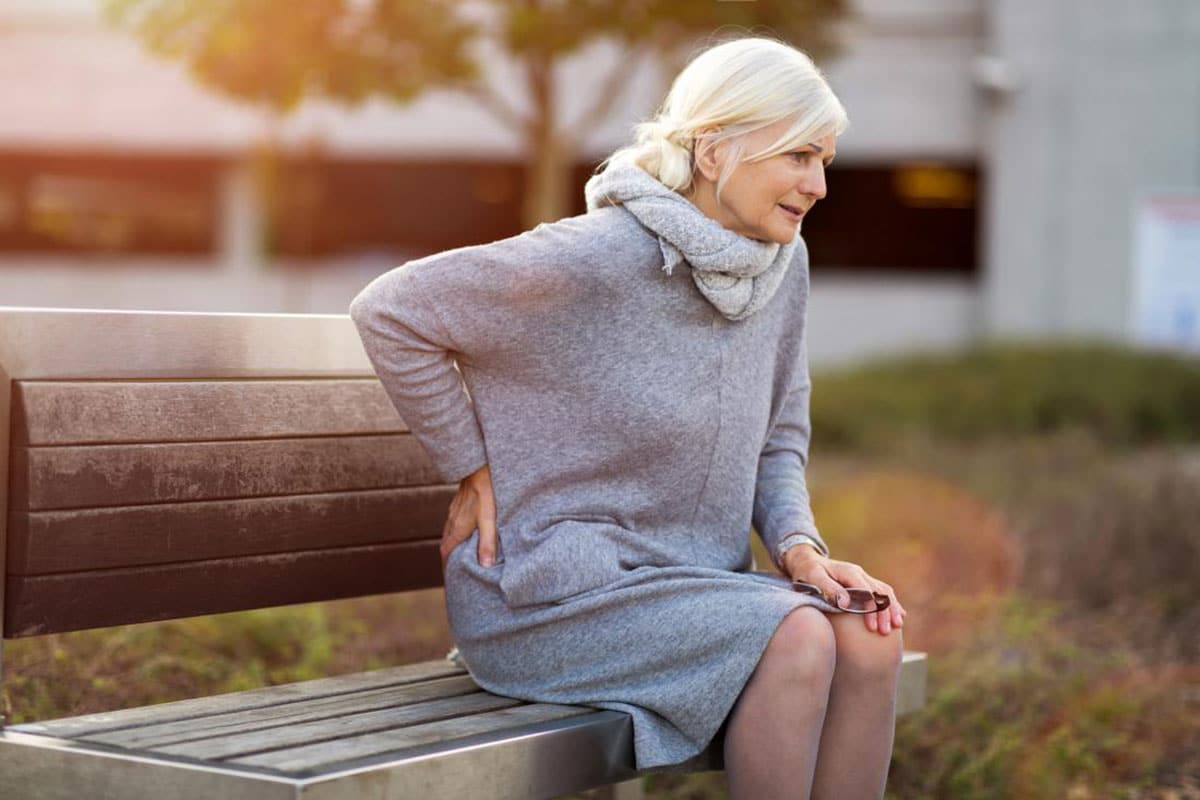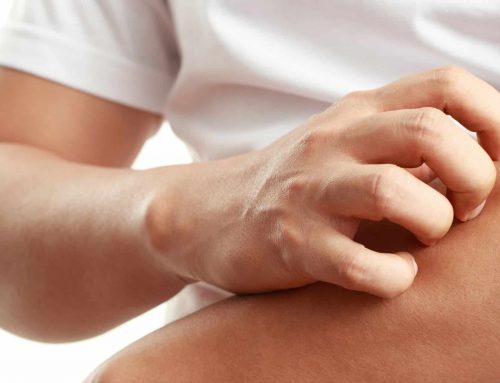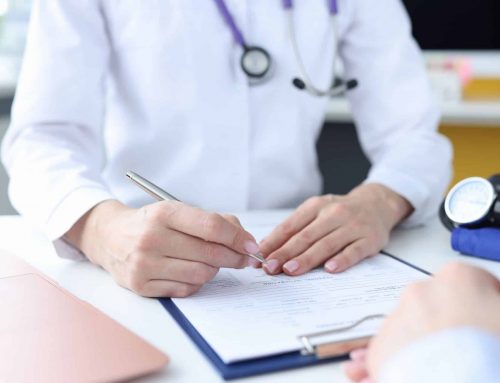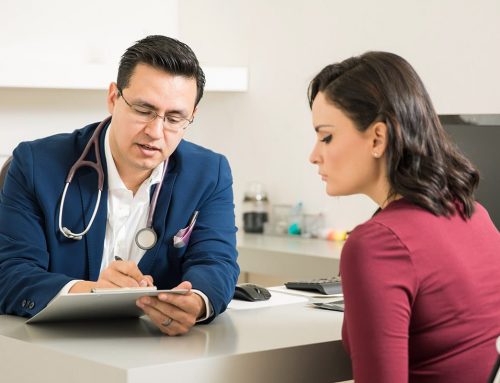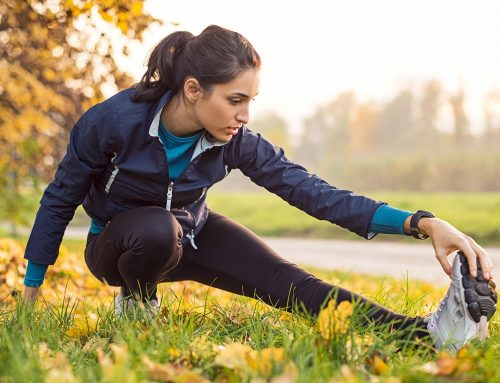Osteoporosis is very serious.
You could even consider osteoporosis as a silent killer.
The loss of activity and reduction in your quality of life that occurs after a major fracture such as a broken hip is often the first major event in a road that all too often leads to death for many older Australians.
Osteoporosis affects over 1.2 million Australians.
A further 6.3 million have low bone density which has not (yet) reached the threshold for osteoporosis, and the proportion of people affected is rising.
Osteoporosis is very serious, yet it is so often forgotten about during a busy medical consultation. While there may be talking about blood pressures, cholesterol levels and other diseases which are more in the spotlight, when was the last time you discussed your risk of osteoporosis with your doctor?
Osteoporosis and Bone Density Scanning
The most reliable way to detect osteoporosis is by screening with a bone density scan which is also known as a ‘Dexa’ scan (Dual Energy Xray Absorptiometry) which is basically a fancy x-ray to tell us how strong or ‘dense’ your bones are.
If you belong to any of the following groups, you may be eligible for a Medicare-funded Dexa scan:
- If you have had a ‘minimal trauma fracture’ at any age, or
- If you are over the age of 70.
You may also be eligible if you are over 50 and:
- went through early menopause
- have been diagnosed with hypogonadism
- have been on steroids (prednisolone or similar) for 3 months or more (eg for treatment of rheumatoid arthritis or other autoimmune disease)
- have coeliac disease, rheumatoid arthritis, some thyroid disorders, chronic kidney or liver disease, or
- have been or are on ‘hormone therapy’ for prostate cancer.
A bone density scan is also recommended for the following people and can be arranged privately. Speak with one of our doctors to learn more about what this might cost.
People over 50 who:
- have a family history of osteoporosis
- have had multiple falls
- have had breast cancer and been on aromatase inhibitors
- are on anti-epileptic medications
- have a low body weight
- have HIV and are on treatment
- have been on SSRI (antidepressants)
- have diabetes (both type 1 and type 2)
- have multiple myeloma, or
- have had an organ or bone marrow transplant.
What happens if I am diagnosed with osteoporosis?
If you are found to have osteoporosis your doctor is likely to recommend medication to strengthen your bones and help reduce your risk of fracture. Another very important measure is to ensure you are doing adequate weight bearing exercise.
Did you know your bones are constantly being broken down and rebuilt by your body?
What can I do to reduce the effects of osteoporosis?
There are two groups of worker cells in your body (called osteoblasts and osteoclasts) who act like demolition crew and building crews who will break down bone and build up new bone in accordance with the activity you are doing.
If you don’t do any activity it leads to weaker bones. A very physically active person doing a variety of exercises will generally have much stronger bones. Weight training (even light weights), running or brisk walking, tennis and hill walking are a few examples of great bone building exercises. Cycling and swimming is considered to be less beneficial (although great for your overall health).
Other things you should do to reduce the risk of osteoporosis
- Ensure you are getting enough calcium in your diet (usually between 1000-1300mg/day).
Did you know firm tofu is one of the foods highest in calcium?Have a look at the following table to get an idea of the calcium quantity in common foods.If you feel you’re not getting enough calcium, consider a calcium supplement, but it is preferable to be able to get enough nutrients from your diet without supplements where possible. - Make sure you are getting enough vitamin D.
This usually requires getting a few minutes of sun per day in summer and 2-3 hours per week (approx. 30 mins per day) in winter in Melbourne.If you are not getting enough exposure, consider a vitamin D supplement.
To learn more about osteoporosis and have a personalised risk assessment, book an appointment with one of our doctors.
In the meantime, do what you can to prevent osteoporosis, get your calcium intake up, get outside for some sun and exercise and let’s get those bones as strong as they can be!
